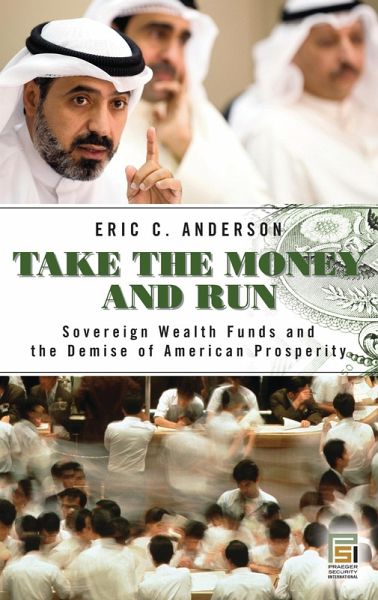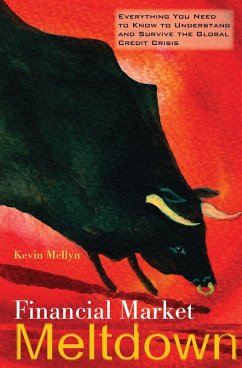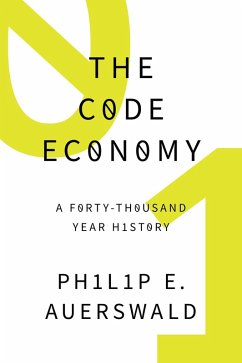
Take the Money and Run (eBook, PDF)
Sovereign Wealth Funds and the Demise of American Prosperity
Versandkostenfrei!
Sofort per Download lieferbar
52,95 €
inkl. MwSt.
Weitere Ausgaben:

PAYBACK Punkte
26 °P sammeln!
In this book, an expert in the field explains why the United States is the world's largest debtor nation and how America's relationship to creditor states is of growing economic, diplomatic, and even national security concern. Foreign countries are not merely investing in U.S. corporations but are purchasing them outright: Abu Dhabi bought Citigroup securities, Kuwait purchased a large block Merrill Lynch stock, and China bought Morgan Stanley's convertible securities-and this happened before the September 2008 meltdown of Wall Street. The means by which wealthy foreign states make these purch...
In this book, an expert in the field explains why the United States is the world's largest debtor nation and how America's relationship to creditor states is of growing economic, diplomatic, and even national security concern. Foreign countries are not merely investing in U.S. corporations but are purchasing them outright: Abu Dhabi bought Citigroup securities, Kuwait purchased a large block Merrill Lynch stock, and China bought Morgan Stanley's convertible securities-and this happened before the September 2008 meltdown of Wall Street. The means by which wealthy foreign states make these purchases are sovereign wealth funds, their surplus capital that they are seeking to invest in order to generate the greatest return. Currently, the largest sovereign wealth funds are held by the United Arab Emirates (of which Abu Dhabi is part), Norway, Singapore, Kuwait, and the People's Republic of China; Qatar and Libya are also in the top ten. The United States has no such fund (although the state of Alaska does). This book takes a close look at China's and Norway's sovereign wealth funds to explain how they work. The author also uses domestic examples (Harvard's endowment, the California's state employees' retirement fund) to propose how the United States could create a sovereign wealth fund, speculating that such a fund could solve the looming Social Security funds shortfall. Most important, the book elucidates the national security aspects of not having an American sovereign wealth fund when so many other nations-both friend and foe-have them.













